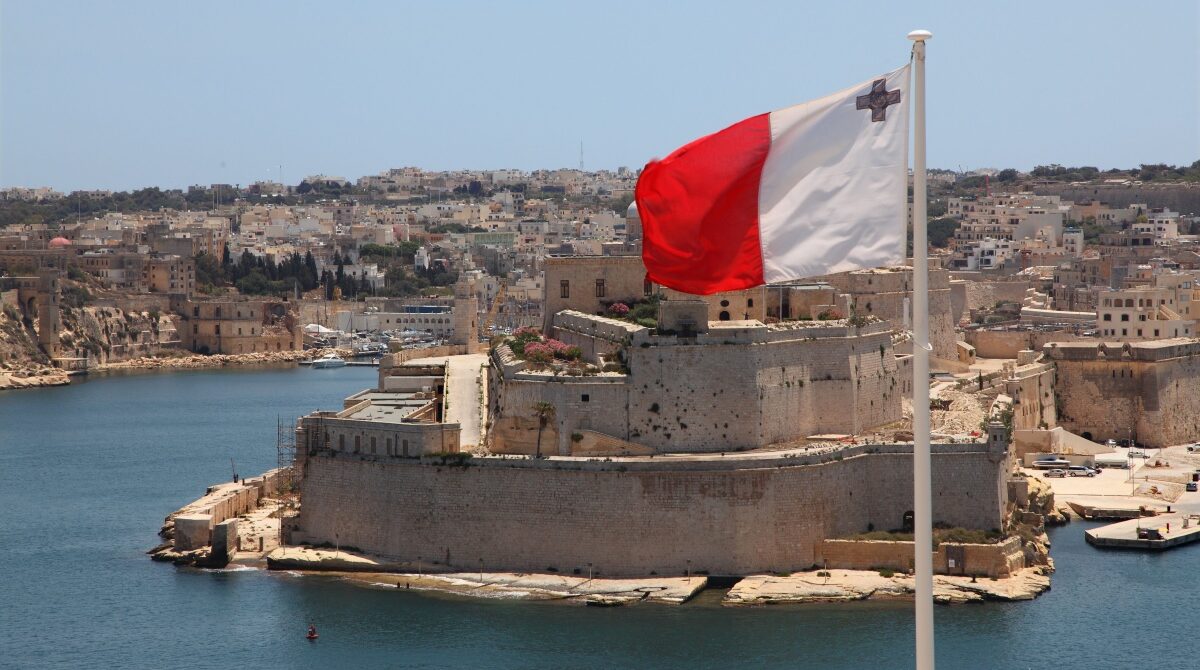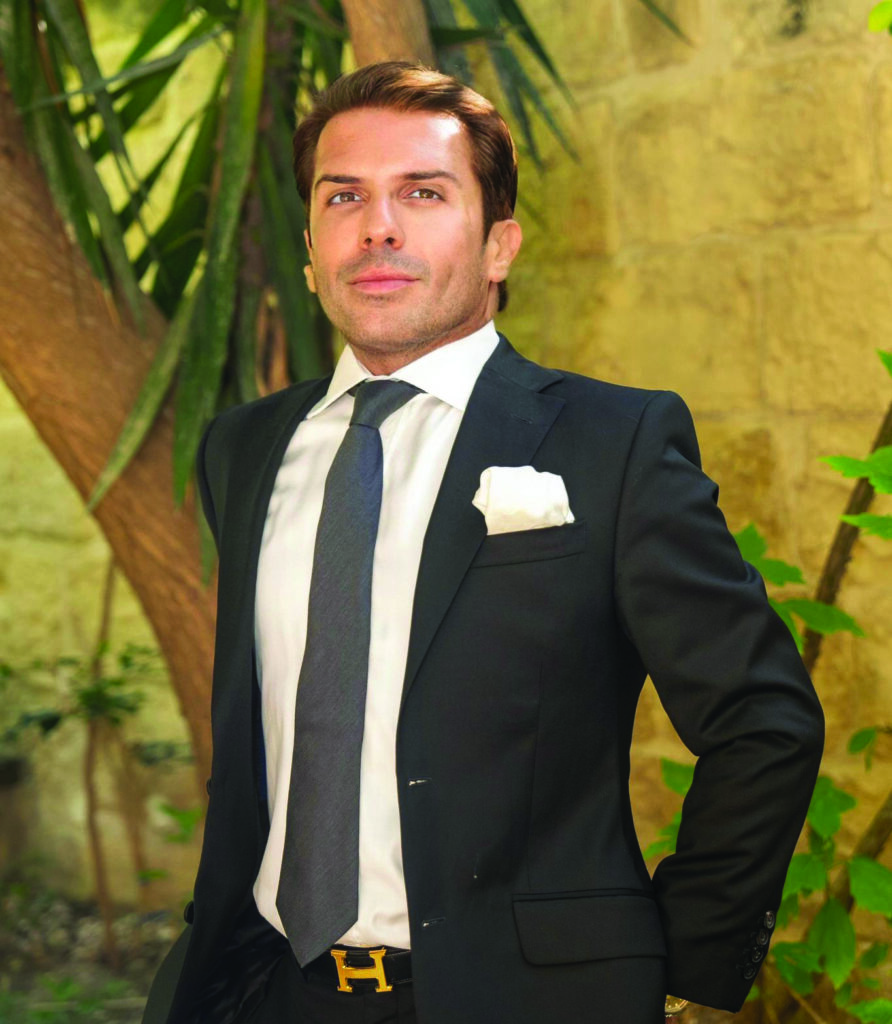


Published on 23 July 2025
•
3 min read

Recent changes enacted to Malta’s citizenship-by-investment rules present an opportunity to the country to “lead by example,” says industry insider Jonathan De Giovanni, who believes that Malta’s authorities can now demonstrate that investment-based citizenship “can be both rigorous and mutually beneficial.”
Dr De Giovanni is Managing Director and CEO of Promethean Corporate Services, based in Malta and Milan, Italy, and specialises in consultancy across diverse sectors including immigration.
Approached for his thoughts on the new rules by MaltaInvest.mt, he argues they “definitely present a promising evolution of the country’s investor immigration framework by introducing stricter due diligence, potentially higher investment thresholds, and a merit-based system.”
The reforms, he continues, clearly aim to allay EU concerns about transparency and legitimacy, but do so by significantly restructuring the programme, not eliminating it.

In this, Dr De Giovanni is in agreement with other legal professionals familiar with the Maltese citizenship-by-investment sector, who agree that while it undoubtedly constitutes a major change that will impact how the industry operates, it just as certainly does not spell the end of it.
Nonetheless, the number of applicants of likely to shrink, with the new rules likely deter purely investment-driven applicants, says the Promethean CEO.
“By shifting focus from pure financial investment to genuine contributions – whether through residency, philanthropy, or professional engagement – Malta is positioning itself as a destination for high-net-worth individuals who seek not just a passport but a meaningful connection to the country,” he says.
“This approach aligns with global trends toward more ethical and sustainable investment migration, which prioritises long-term value over short-term gains.”
Dr De Giovanni adds that, if done right, the new rules will attract a more selective and reputable pool of applicants.
“While the number of applicants may decrease, the quality of those approved – along with their potential to contribute to Malta’s economy and society – could rise significantly.”
The Maltese Government’s approach to re-regulating by shifting the emphasis of the process toward merit-based eligibility therefore appears designed to address criticisms of "golden passports" while preserving a pathway for high-net-worth individuals who genuinely engage with the country.
Dr De Giovanni also notes that Malta’s transparency efforts should distinguish it from programmes like Austria’s, as a more structured and accountable model.
“If implemented effectively, these changes will indeed satisfy EU concerns while preserving the program’s economic benefits,” he says.
“The future looks bright for a programme that balances integrity with opportunity.”
Image Credit: ViewingMalta

Online Business Editor
Robert is curious about the connections that make the world work, and takes a particular interest in the confluence of economy, environment and justice. He can also be found moonlighting as a butler for his big black cat.


